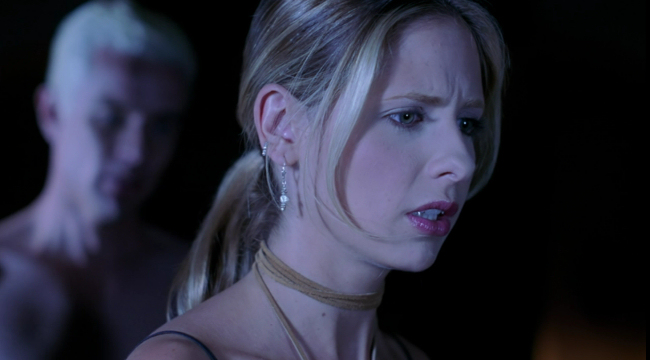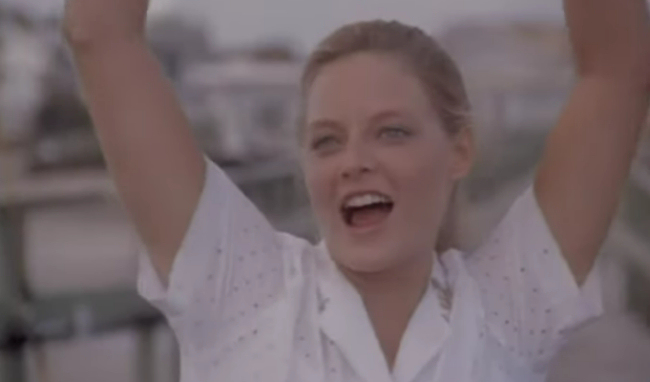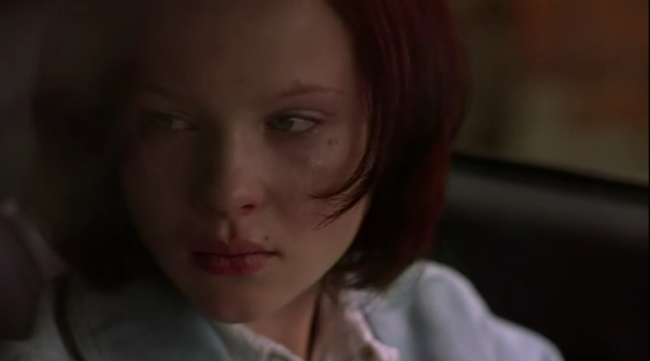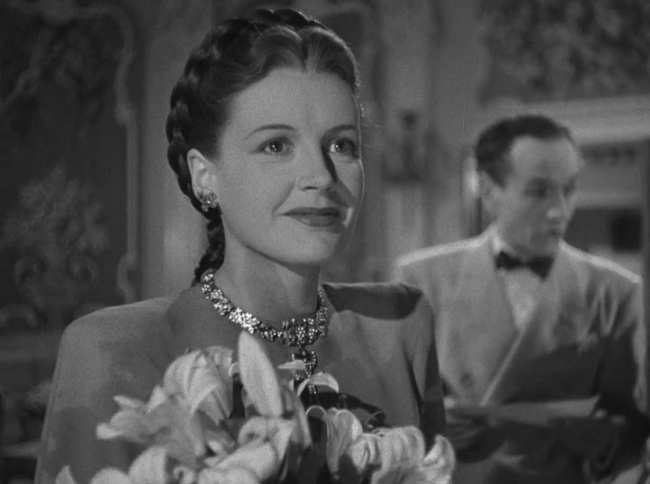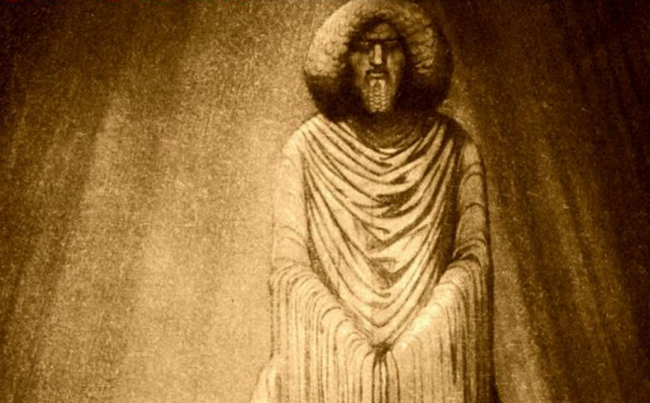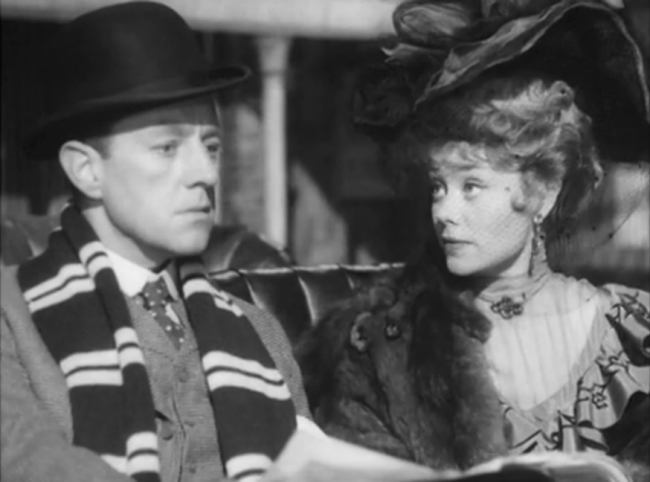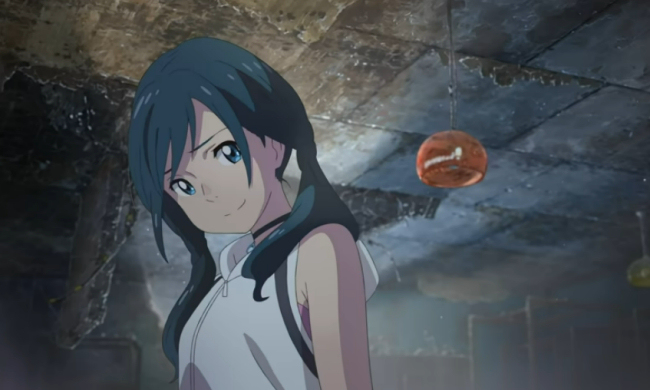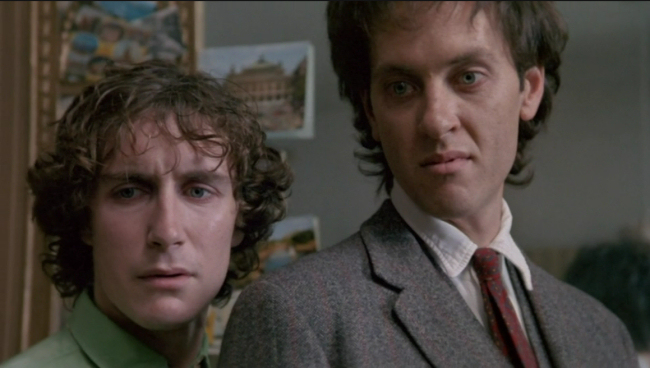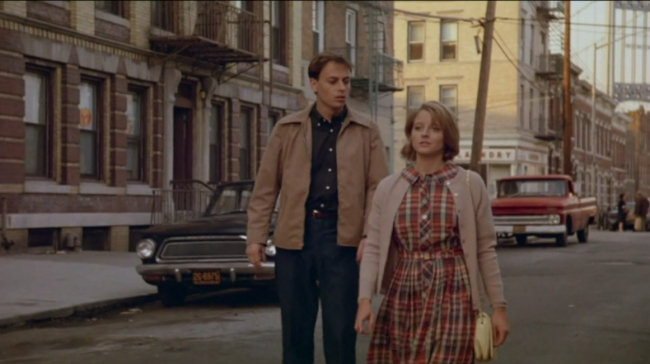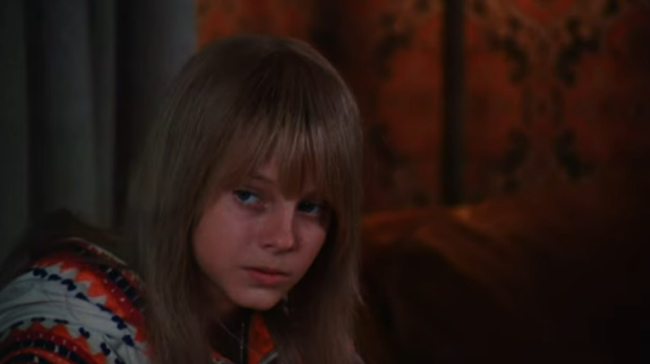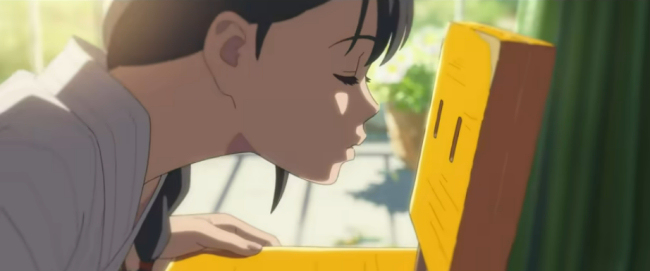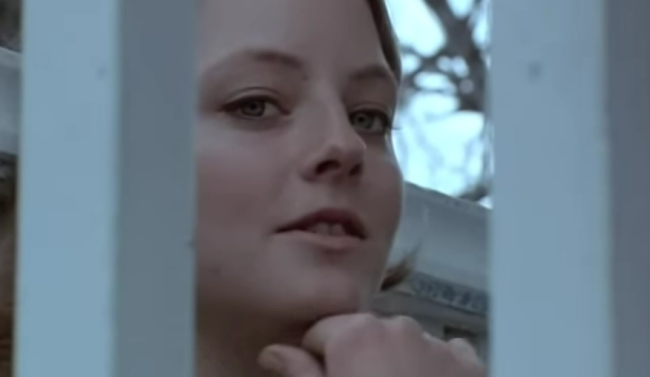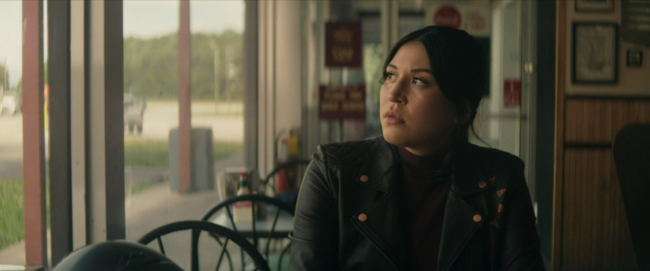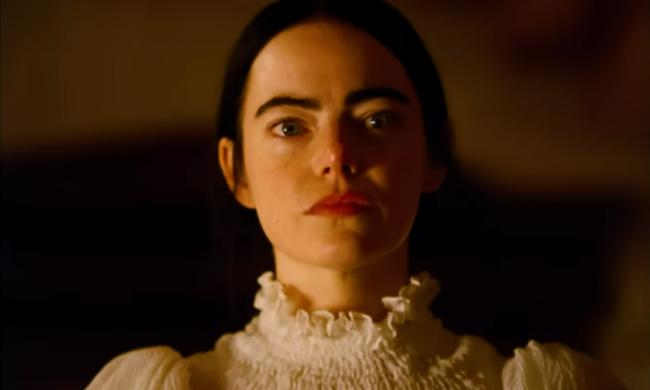
2023's Poor Things is the most hipstery movie I've seen in over a decade. It's like Filth and Wisdom meets The Red Violin. You know, if you've seen a lot of avant-garde films and taken a philosophy course and are aware of modern political trends (but weak on modern political thought) you might make a movie like Poor Things. I shouldn't have gotten my hopes up. It was the waiting, I think, having to wait until the end of January to see it here in Japan. Mind you, it's not a bad film. Its gorgeous production design and Emma Stone's performance are worth price of admission alone. But it reminded me of a lot of eccentric comedies of the '60s like Candy or The Magic Christian that must have seemed so vital and revolutionary at the time but now are mainly quaint curiosities for insatiable cinephiles like myself. Poor Things is going to be talked about for a few years but will be almost entirely forgotten ten or fifteen years from now. Like most Oscar winners, actually, so that may speak well for its chances.
The first part of the film is the best, even if it is basically just a lavish remake of "The Offspring", the 1990 Star Trek: The Next Generation episode in which Data makes an android daughter for himself called Lal. Similar to Lal, Emma Stone's Bella Baxter is a little girl in an adult body whose rapid mental maturation is played for cute comedy, though she's allowed to be much sexier than Lal kissing a perplexed Commander Riker.

Emma Stone is so good. You can tell she really studied the movements of toddlers and you can see it when she wanders out onto a rooftop and climbs down to a lower surface first by abruptly squatting then slowly turning to lower one leg at a time from a backwards stance.
The film's based on a 1992 book which, apparently, differs significantly from the film but the concept of a pregnant woman who kills herself but is reanimated with her brain replaced by that of her unborn infant comes from the book. Frankenstein is certainly hip these days but while the movie fancies itself a disciple of Mary Shelley it owes much more to Frankenstein movies such as Flesh for Frankenstein or even Young Frankenstein. Most of all, Frankenstein Created Woman. Poor Things, the film, is like someone took a woke feminist interpretation of Frankenstein Created Woman and turned it into a movie.

Instead of Mary Shelley's creature angry at being alone in the world, Bella Baxter finds the idea of commitment only suffocating. Loneliness doesn't trouble her because she can masturbate and have an orgasm any time she likes. This is a philosophy the movie carries over as an ideal state for all women--Bella being emblematic of women in general is too subtle for the filmmakers who transpose this to every woman Bella meets, to the point when financial hardship leads her to working in a French brothel where the madam is just as confident in the supremacy of the sexual utopia Bella strives for. That'll show those misogynists who say women are all sluts and whores--No, no, women are just horny all the time and consider loyalty an outdated and artificial construct. Big difference.
Bella has occasional sex with a fellow prostitute who also happens to be a socialist. Since this is late 19th century France (or rather, a steampunk version of it), she would presumably be part of the Paris Commune that took over Paris briefly but don't expect this film to mention any potential negative consequences to socialism or communism.

It's all very shallow but still very pretty and basically enjoyable until the third act which goes off on a tangent suddenly as Bella takes revenge on her mother's abusive husband. Then it gets really tedious. Suddenly the movie thinks it's Django Unchained but without any of the nuance or Tarantino's ability to create complicated, interesting villains.
In using a fantasy version of reality, Poor Things simplifies and condenses arguments--as, for example, in a scene where Bella, dining in an expensive restaurant in Alexandria, is led to a window to behold the truth of poverty in the form of a great ditch where naked beggars are burying dead babies. But what director Yorgos Lanthimos likely regards as an elegant expedient comes off more as naively reductive. Of course Bella wasn't permitted to perceive such poverty when she wandered dazzled in the streets of Lisbon, likely because Lisbon has been a hipster mecca for fifteen or so years for some reason. So while for a couple scenes Bella is horrified that the beautiful and comfortable life she lives in is built on the backs of the poor, we never see her working soup kitchens or giving to charitable funds. In one scene, she hands over money to men who promise her they'll give it to the poor. We know they're tricking her but she doesn't, something the film possibly borrows from The Idiot without understanding its meaning, or not having the attention span to remember it by the next scene in which guilelessness is no longer ever a hindrance to Bella or her goals. Similarly, Bella is established early on as having a sadistic streak when it's amusing to the filmmakers but it inexplicably disappears by the time the brothel madam explains to her that some men like when women are forced to have sex they don't like. You sure you don't understand, Bella? Maybe you're just not thinking it through. More likely, Yorgos Lanthimos didn't think it through.
Poor Things is now in theatres.
X Sonnet #1812
Concerns were spread about a stranger's cake.
The time to worry changed the words of peace.
With extra sugar, batter's cool to bake.
Sadistic fire hardens ev'ry piece.
Distorted hats were spinning black above.
A soft and sooty cloud descends on hair.
Upon the broken path's a pointing glove.
The timid mantis spoke a bloody dare.
Remember candy, going off to sea.
A sweet and softer cloud accepts a head.
No harder thoughts emerge than roasted tea.
No trouble pricks the living wight or dead.
A special Sunday girl was fit and hip.
Ideas are easy things to fill a ship.

